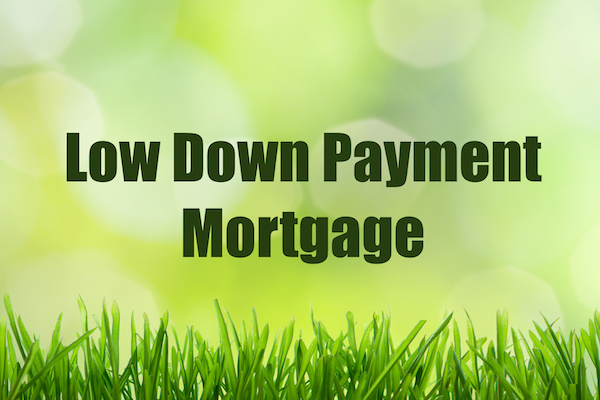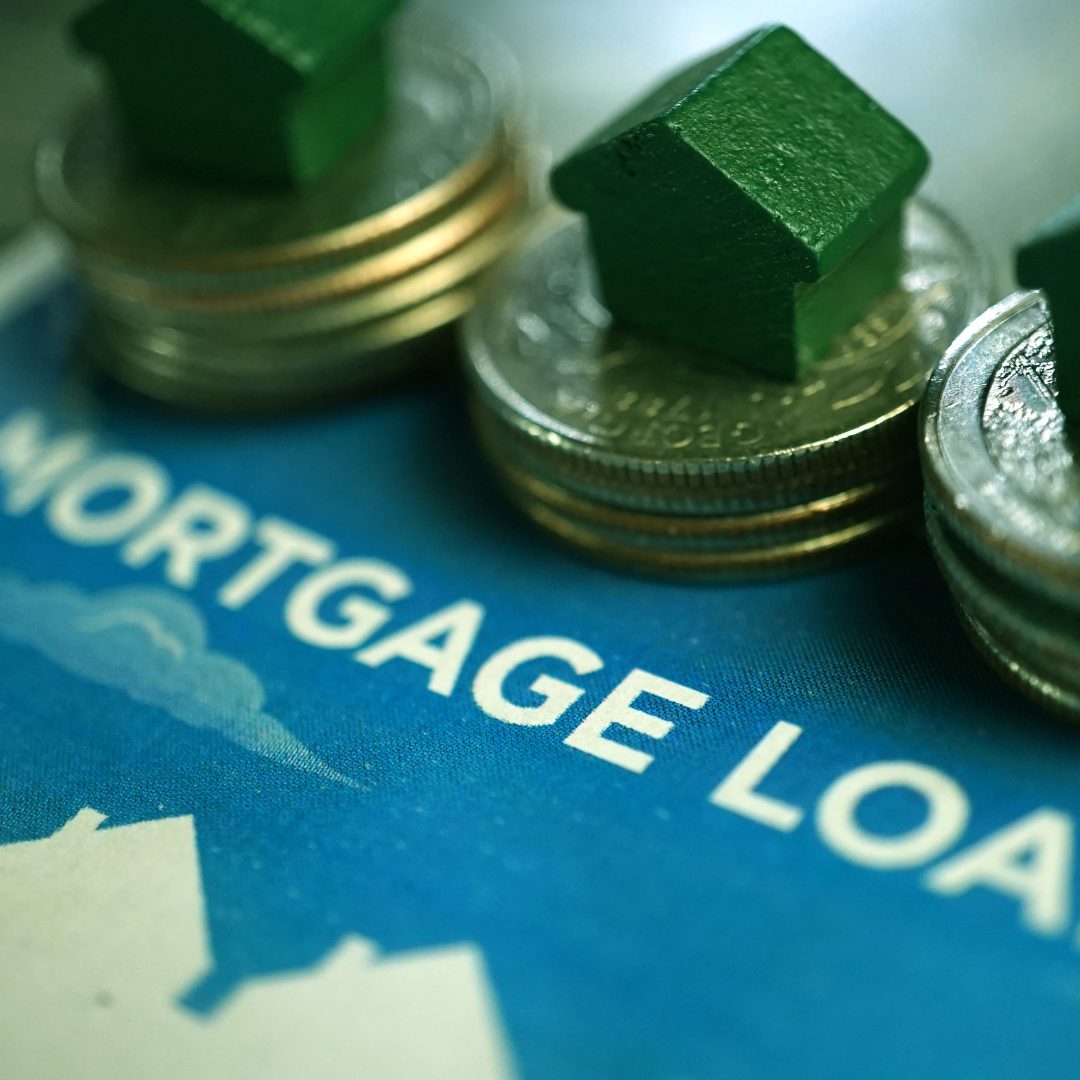Picking the right mortgage lender in Nebraska I am a local mortgage broker serving Omaha,…

How do you qualify for a low down payment home loan in Nebraska?
For a Nebraska low down payment home loan there are several options. To find the best one for you we will go through a few of the options available. With any low down payment loan it is important to speak with a qualified local lender. If you are looking for a home loan in Papillion, Omaha, La Vista, Bellevue, or anywhere in eastern Nebraska we can sit down with you for a free consultation.
To qualify for a low down payment mortgage, buyers have several options. There is an FHA loan with a minimum of 3.5% down. This is a great option for buyers with less than perfect credit. For buyers with good or great credit and good debt ratios, Conventional loans offer several options with down payments as low as 3%. For active military and qualified veterans, Veteran’s Administration has a no down payment VA loan.
In order to determine what low down payment home loan is best for each buyer we first have to go over their application. A buyer’s credit, income, and assets will tell us what program is best and available.
Low down payment FHA loans
The FHA program was specifically designed for buyers unable to qualify for traditional loan options. When it was created in 1931, FHA was the only option for a low down payment house loan. Since then traditional financing has expanded their low down payment options, but for some buyers FHA is the best, and only, option.
3.5% down even with less than perfect credit
Traditional financing still requires good to perfect credit to qualify for their low down payment options. FHA on the other hand will go down to a 580 credit score and still offer the 3.5% down payment. While FHA does allow credit scores as low as 580, I strongly encourage buyers to get their scores to at least 620. The higher credit score will give you a much better rate and much lower fees. After a free consultation, I can advise a buyer on exactly how to improve their scores. I also have a program to help potential buyers monitor their scores. However, if a buyer with low credit scores needs to get into a low down payment loan, FHA is usually the only option.
Up to 6% in seller credits available
Another great benefit of the FHA loan is it will allow the seller to contribute up to 6% of the purchase price in credits. For a FHA home purchase in Nebraska this is usually more than enough to cover all cost and escrows on a low. That is a huge benefit for buyers needing a low down payment loan because they often do not have the funds available to cover cost. With the FHA seller credit it is possible to get into a home just needing the 3.5% down.
Gift funds are allowed
So we have established that the seller can cover cost and escrow. But what if a buyer cannot come up with the down payment? FHA does have an option.
Buyers can get a gift from a relative for any cash needed at close (down payment, cost, escrow). A buyer could possibly purchase a home with no money out of their pocket. It just has to be an immediate relative and the donor has to state in writing that the funds were not loaned. FHA will also verify that the buyer had the funds in their account with a 30 day transaction history. Because we are asking the donor for personal asset information, it is best for all of us to have a conversation together. This helps the donor know exactly what is needed from them and why before they agree to move forward.
Fannie Mae’s Home Ready and Freddie Mac’s Home Possible
Both Fannie and Freddie offer low down payment options for buyers meeting certain income restrictions. The Home Ready and Home Possible programs are not first time home buyer programs. Any buyer can use them as long as they make 80% or less of the Area Median Income. Go HERE for Home Possible AMI and HERE for Home Ready AMI. Both Home Possible and Home Ready offer discounted Mortgage Insurance and slightly lower rates for eligible buyers using the 3% down option.
Credit scores
Home Ready and Home Possible are still conventional programs and fall under conventional underwriting guidelines. For buyers with lower credit scores, they may not qualify for the 3% down option (this is where we would look at FHA). But for a buyer with good to perfect credit and decent debt to income ratios, Home Ready and Home Possible are the best option.
Debt to income ratios
Home Ready and Home Possible, like all conventional loans, are going to be more strict on debt to income ratios. While FHA will go up to 56.99% Total Debt to Income, conventional limits a buyer to 50%. It is also important to remember that not every buyer will be able to go up to 50%. Conventional financing is going to look at the whole picture (credit, reserve assets, employment history, etc) and determine if a buyer can go up to 50%.
There is no way to say up front if a buyer will qualify for the max (a good loan officer should be good at guessing). Both Fannie and Freddie have automated underwriting systems that must be used to determine if a buyer qualifies. We plug all your information in and it tells us if you are approved. This is the part where I say it is an algorithm…But I am not sure exactly what that means. We just need to plug it into the computer and see what it says.
Freddie Mac’s HomeOne and Fannie Mae’s Standard 3% Down Loan
So what if you do not make 80% or less of the Area Median Income? Fannie and Freddie do offer some additional low down payment options, but there is a catch. While Home Ready and Home Possible do not require you to be a first time home buyer, HomeOne and the Standard 3% Down Loan are first time home buyer programs. To qualify for these you cannot have owned a primary residence in the last 3 years. Another disadvantage of the HomeOne and Standard 3% Down Loan is they do not offer discounted Mortgage Insurance. The full amount of the MI will be charged and it can be a bit high with just a 3% down payment. Your credit score and debt ratios will determine exactly what the Mortgage Insurance cost will be.
So what if you are not a first time home buyer and you make more than 80% of the Area Median Income? If that is the case your option is a 5% down conventional loan. If 5% down is not an option we can go back to the FHA 3.5% down loan.
Gift funds from a relative or interested party
Just like FHA, all conventional programs allow for gift funds. This is actual one area where conventional is a bit more lenient than FHA. For a conventional gift the donor does not have to be an immediate relative. Any interested party can donate. For example, a employer could not donate on an FHA but is allowed. Just like on FHA, the donor can cover all of the down payment, the cost, and the escrow. It is possible for a buyer to get in a home with no money out of their pocket.
Seller credits on a 3% down conventional
Just like FHA, the seller can credit the buyer a percentage of the purchase price towards cost and escrow. Unlike FHA, on a 3% down conventional the seller can only give 3% of the purchase price (easy to remember). It depends on the purchase price and a few other factors, but typically 3% in credits is not quite enough to cover all cost and escrow.
VA low and no down payment loans
The VA program is reserved for active military and veterans who meet certain eligibility guidelines. Most veterans know if they qualify for the program, but if you are unsure we can pull your Certificate of Eligibility for free. The VA loan is a benefit for those that have served their country and it offers some amazing benefits.
No down payment VA loans
VA is one of the few programs that requires no down payment. An eligible buyer can get into a home with nothing down and often nothing out of pocket. The VA program is also unique because it does not require Mortgage Insurance. Even with nothing down, the VA buyer will not have to pay monthly MI. VA does charge a ‘VA Funding Fee’ to most VA buyers. We will get into this in more detail, but whether or not the funding fee is required will be listed on the Certificate of Eligibility.
Low down payment VA loans
Okay so why would a VA buyer choose to put down money when VA does not require a down payment? Besides just having a bit of equity in the house to start, there is one good reason to put a bit down – the VA Funding Fee. The VA Funding Fee can be as high as 3.6% of the purchase price with the no down payment option (starting 1/1/2020). It is rolled into the loan, but for higher loan amounts this can be quite a bit of money. If a buyer puts down just 5% the funding fee drops to 1.65%. And if they put down 10% the funding fee drops to 1.4%. Now at 10% I am not sure this qualifies as a low down payment home loan, but at least the buyer can still avoid the Mortgage Insurance.
A bit more on the VA Funding Fee
The funding fee is collected by the Veteran’s Administration to cover against defaults. It is not a benefit to the buyer. While the low rates and Mortgage Insurance exemption is nice, a funding fee of 3.6% can be a big chunk of change. However, it is possible to be exempt from the fee. If you are a disabled veteran or receiving some disability pay from the VA, it is possible you a funding fee exempt. Your Certificate of Eligibility will let us know for sure. If you are exempt the no down payment VA loan is a no brainer for financing.
Most people use a low down payment option
Every so often I am reminded that many potential home buyers still think they need 20% down to buy a house. This is the most important bit of mortgage information to get out there. You do not need 20% down to purchase a home. Very few buyers have or want to put down 20% on their home. In fact often putting 20% down is a bad idea even if you have the funds. Remember a consultation and loan application is free. It does not hurt to talk with a local mortgage loan officer to see what options you have or at least figure out what needs to be done to have some options.
The important thing for any loan approval is to start early. I will repeat this over and over, but the more time we have to review your credit, income, and assets before you are ready to buy the more we can get done. If we have the time we can improve your scores. We can discuss options with a gift donor or co-signer. And we can get you the buyer a better idea of how much home you can comfortably afford.
Using a local mortgage lender is important with a low down payment
I know I am a local mortgage lender so of course I am going to say using a local mortgage lender is important, but here me out.
The fact is lower down payment loans are considered higher risk loans. When we send your credit report, income and asset documentation, and your employment history to the underwriter they are going to scrutinize it a bit more. There are a ton of variables and a few unknowns when you get an accepted contract on a house. With a low down payment loan it is important that all your “i”s are dotted and all your “t”s are crossed so there are no issues right before closing on your home. That kind of detail into your financial history requires someone you can sit down with and discuss options face to face. Real estate is a local business and requires local professionals.




